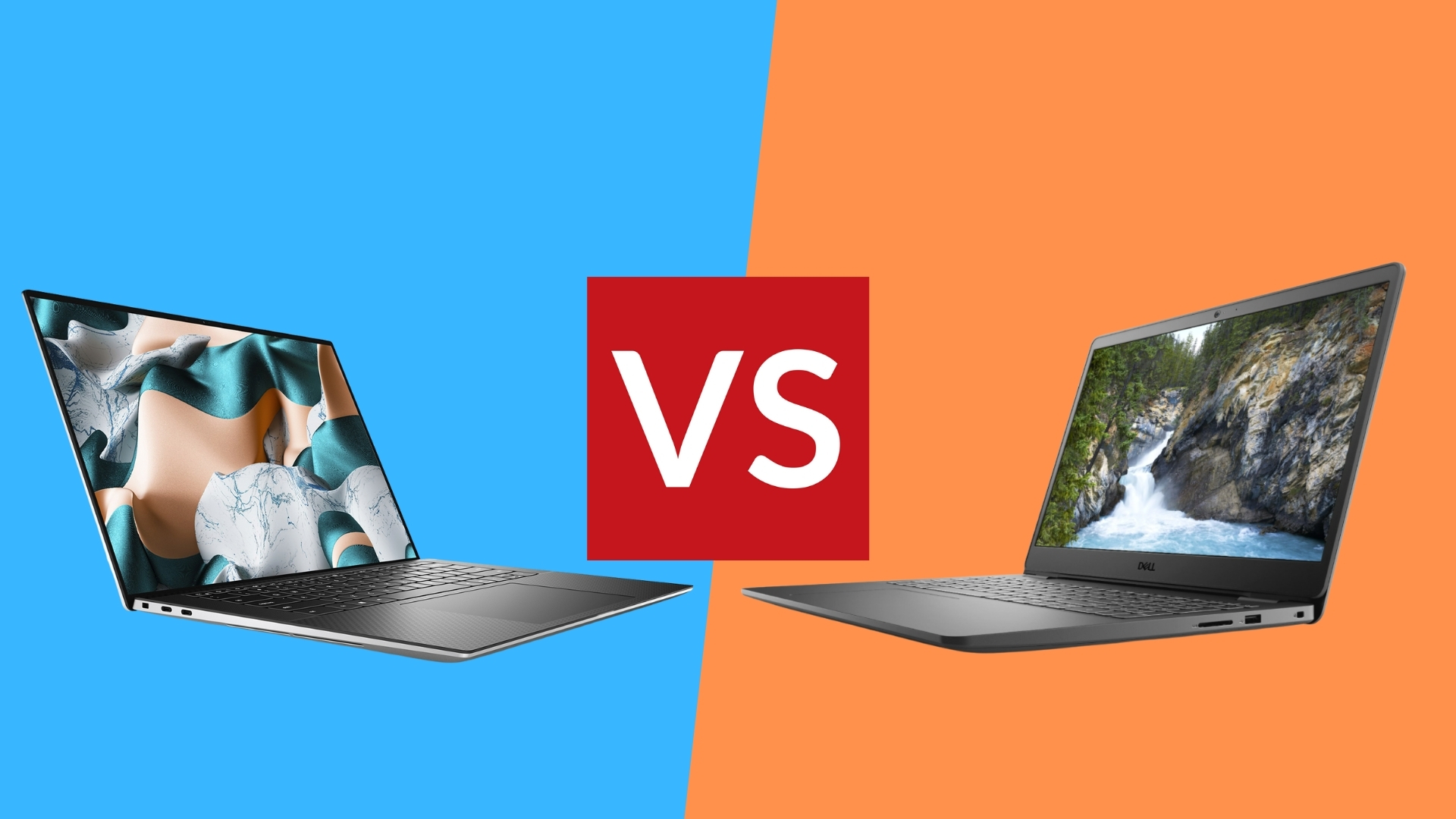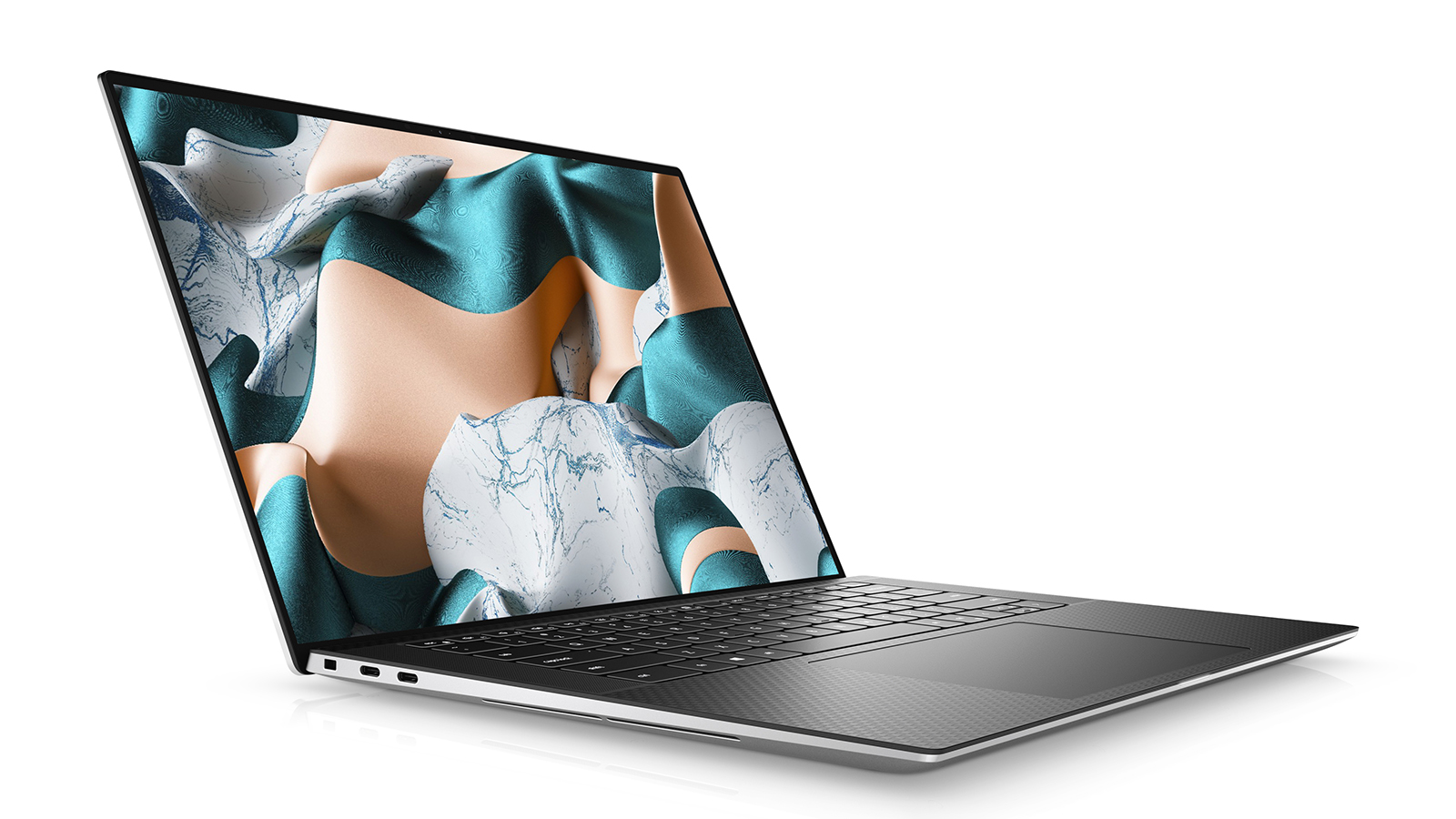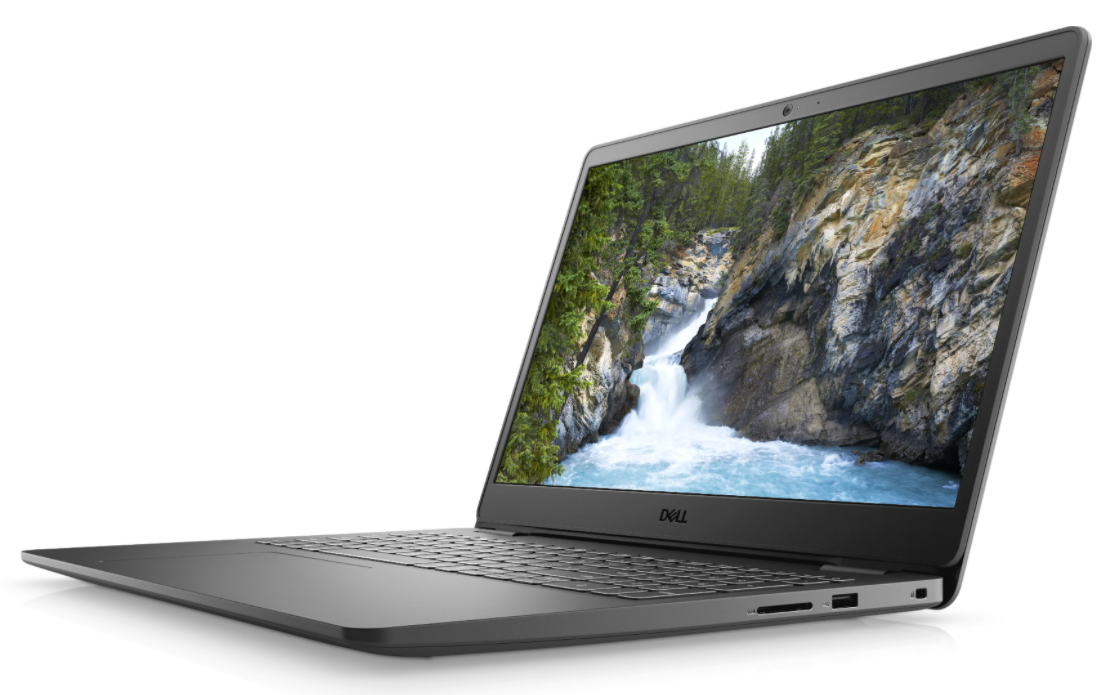Dell XPS 15 vs Dell Inspiron 15 3000: Is the premium or budget 15-inch Dell laptop best for you?
Dell XPS 15 vs Dell Inspiron 15 3000 means high-end vs value, so we'll help you work out which Dell laptop meets your needs


If you're shopping for one of the best Dell laptops on the market today in 2022 then chances are you'll end up appraising the Dell XPS 15 and the Dell Inspiron 15 3000.
If you've settled on a 15-inch machine from Dell the big question will then become premium vs budget, which means this is not so much a question of the best things the laptops can do, but about which comes out on top pound-for-pound, or which has the specific features you need. These are laptops at two very different price points.
We’ll be taking into account their design and build, specs and performance and weighing it up to find out which one gives you the most bang for your buck.
These are two great laptops – you’ll find the XPS 15 among our best laptops overall, and the 14-inch version of the Inspiron 3000 among our best student laptops and best laptops under £500 – so how did we split them?
Dell XPS 15 vs Dell Inspiron 3000: Design & screen

On sight, you can tell which of these is the premium model. The Dell XPS 15’s Infinity Edge display giving the game away as it stretches out to the thin bezel of its chassis – a machined aluminium in platinum silver with black carbon fibre composite for the palm rest.
The Dell Inspiron 15 3000 on the other hand is made of solid plastic, with quite a thick bezel around its LED-backlit screen. It does give you a couple of colour options though, Accent Black and Soft Mint.
For the ports, the XPS 15 offers two USB-C/Thunderbolt 3’s, a standard USB-C, full-sized SD card reader and a 3.5mm headphone jack. The Inspiron 3000 includes two standard USB 3.2’s, a USB 2.0, HDMI 1.4, 3.5mm audio jack and an RJ45 ethernet slot. On the Intel Core chipset models, you'll also find a USB-C.
The Inspiron 15 3000 also has several slots for expansion that the XPS 15 does without. You could actually see the Inspiron as more adaptable, or at least more capable of plugging a variety of things directly into without an adapter. But it is, of course, a little behind the XPS 15 on the tech – the inclusion of Thunderbolt 3 gives the XPS 15 some futureproofing for connecting high-end accessories.
Let's look at those screens. The Dell XPS 15 has two options for its 16:10 display, a 15.6-inch Full HD 1920x1200 and a more upscale 4K Ultra HD 3840x2400. Both offer 100% sRGB colour support from their IPS panels, 94% DCI-P3 colour average and Dolby Vision HDR and are rated at 500 nits for brightness.
Get all the latest news, reviews, deals and buying guides on gorgeous tech, home and active products from the T3 experts
The Inspiron 15 3000 also has two screen variants for the 15.6-inch 16:9 aspect ratio screen – an HD 1366x768 anti-glare, LED-backlit display and a Full HD 1920x1080 anti-glare LED-backlit WVA (wide viewing angle) display. They good for the price – we'd recommend going for the Full HD version if you can.
Dell XPS 15 vs Dell Inspiron 3000: Specs & performance

So that we can get a clear idea of how these two stack up against each other, I’ll list the specs separately. Of course, the Dell XPS 15 will be more impressive than the Dell Inspiron 15 3000, but we’re looking at how they do compared to how much money you’re spending, and which will meet any minimum requirements that you have.
The XPS 15’s various builds are powered by Intel’s 10th generation processors, specifically the i5-10300H (quad-core, 2.5GHz) and i7-10750H (six-core, 2.5GHz), this is premium power. It has RAM options scaling from 8GB up to 64GB, and graphics options between the integrated Intel UHD or you can pay a bit more for a 4GB Nvidia GTX 1650 Ti card. For storage, you can choose between 512GB or 1TB NVMe SSD buildouts.
The Dell Inspiron 15 3000 has six options for Intel processors, ranging from the Intel Celeron N4020 (dual-core, 2.8GHz) to the quad-core i7-1165G7. It comes with 4GB or 8GB of RAM and several options for integrated graphics from the Intel UHD Graphics 600 to the Intel Iris Xe, depending on processor choice. In terms of storage you have the option of 128GB and 256GB NVMe SSD drives or a 1TB SATA hard drive.
There are also several AMD models. You'll find the AMD Athlon Silver 3050U (dual-core, 2.3GHz), Ryzen 3 3250U (dual-core, 2.6GHz) and Ryzen 5 3450U (quad-core, 2.1GHz) processors, alongside AMD Radeon integrated graphics and the Radeon Vega 8 Graphics.
You can scale up the XPS 15 to a huge degree and end up with one of the best laptops on the market – you’ll have to pay for it, but each step of the way you can see where that money is going.
Something similar can be said for the Inspiron 15 3000 in that, given its extremely low opening price point, it's going to be one of the best machines you can spend that cash on. With the possibility of putting a quad-core processor and AMD Vega graphics in it, it could be quite a serious performer if you need it to be. Or you can keep it cheaper and lighter on power. In their respective weight classes, both machines can be heavy hitters, but the XPS 15 can go up another gear.
Dell XPS 15 vs Dell Inspiron 3000: Price & verdict

These machines start with a huge price gap between them – the XPS 15 is around double the price of the Inspiron. Upgrade the XPS 15's specs and you can spend thousands on it. The Dell Inspiron 15 3000 range starts under £500/$500 and maxes out under £800/$700.
The XPS 15 is a seriously high-powered unit that’ll handle professional video editing, gaming and pretty much anything else that you’ll want to throw at it. If that is what you need, and you have the budget for it – it is hands down one of the best laptops.
The Inspiron 15 3000 on the other end is an impressively built budget laptop. It’ll be great for word processing, documents and browsing, and at higher configurations can still do some solid mid-range gaming and pro creative work, if you need. If you want a 15-inch version of one of the best student laptops, or one of the best laptops under £500 then this is it.
Both are winners in their respective price range – it's just about how premium you need to go for your features overall.
